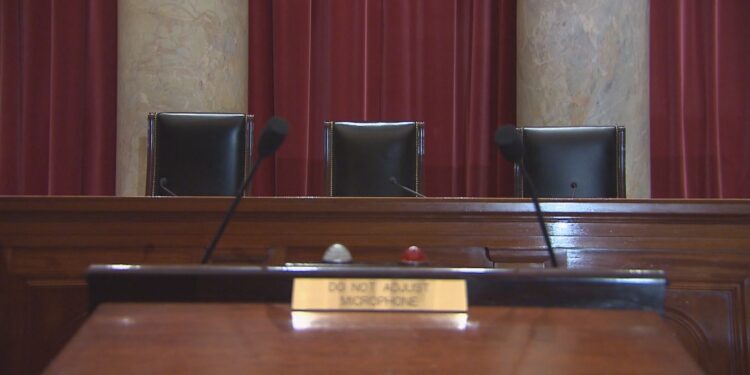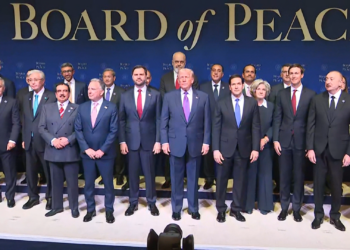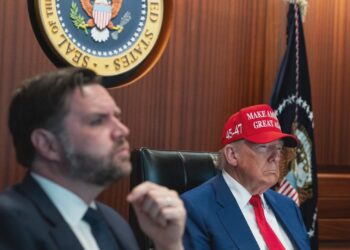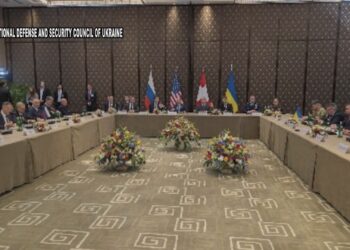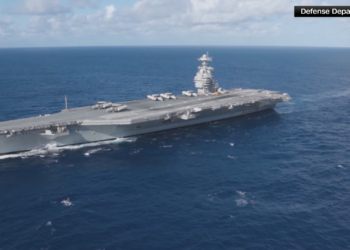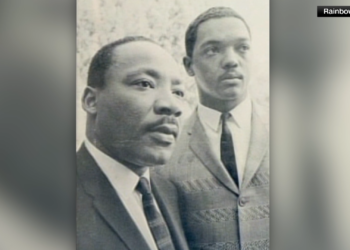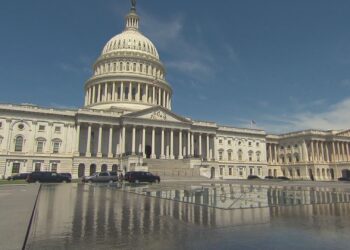WASHINGTON, D.C. – The Supreme Court heard arguments on President Trump’s tariffs. The Justices will have to decide if the President can use a 1970’s emergency law to impose sweeping tariffs. It’s the biggest legal test yet for the President’s economic agenda. What’s at stake here is the President’s authority on tariffs without the explicit approval of Congress.
For nearly two and a half hours, Justices heard arguments in a case which tests the President’s economic centerpiece: tariffs. The case surrounds the President’s tariffs on imports and so-called “reciprocal” tariffs on most countries. The President is using the International Emergency Economic Powers Act of 1977 to unilaterally impose tariffs on imports from many countries. The administration says it’s to reduce the trade deficit and create more manufacturing in the US.
Leading up to Wednesday’s argument, the President took to Truth Social and said this case was “literally, LIFE OR DEATH for our Country”.
“I think it’s the most important decision, one of the most important decisions in the history of our country because without tariffs, without our being able to use tariffs freely, openly, and in every way,” said the President on board Air Force One. “We are really would suffer tremendously from a national security standpoint. The national security of our country is at stake. It’s the biggest, I think it’s one of the biggest decisions in the history of the Supreme Court.”
Small businesses and Democratic leaning states sued the administration, saying the tariffs are unlawful and add the tariffs have made businesses raise prices and make staffing cuts.
“Our message today is simple: The Constitution, our framers, 238 years of American history all say only Congress has the power to impose tariffs on the American people, and tariffs are nothing but taxes on the American people,” said Neal Katyal, an attorney.
For the most part, Justices seemed skeptical of the President’s use of emergency powers to impose these tariffs.
“These unilateral tariffs imposed without congressional authorization are unlawful,” said Sara Albrecht with the Liberty Justice Center. “Tariffs are taxes, and the Constitution grants taxes to Congress, not the president.”
It’s unclear when the Justices will rule on this decision but it will most likely be decided within the next few months.

